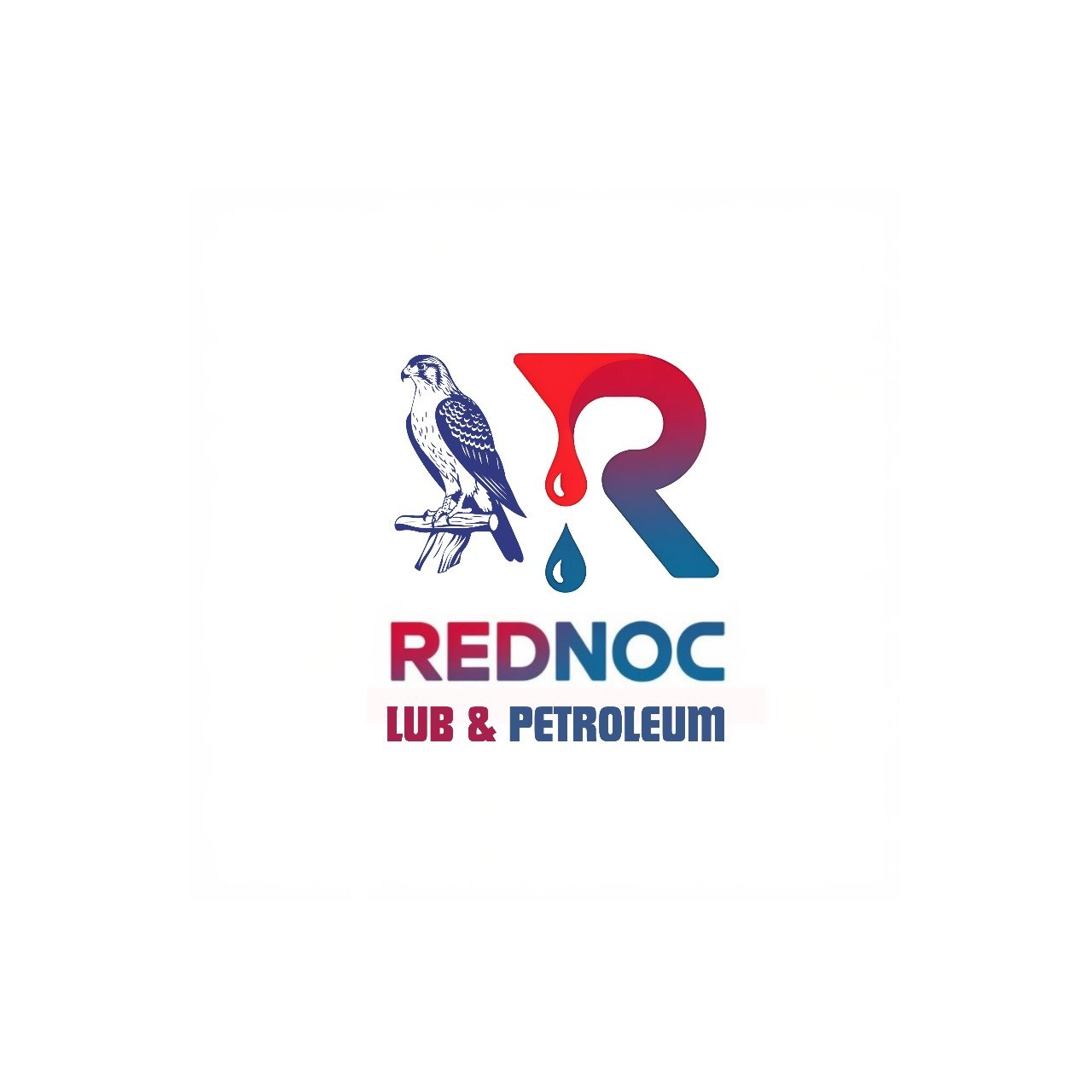
Diesel, Lubricants Trading
Diesel and lubricants trading involves the buying, selling, and distribution of diesel fuel and lubricating oils used in various industries, including automotive, marine, industrial, and construction. This sector plays a crucial role in ensuring the availability of energy resources and essential fluids that power machines, vehicles, and equipment. Traders in this industry source diesel and lubricants from refineries or manufacturers, then supply them to businesses, service stations, and end users. The trading process often requires managing complex logistics, quality control, and compliance with safety and environmental regulations. Additionally, as demand for energy-efficient and environmentally friendly products rises, the industry is increasingly focused on offering high-quality, sustainable fuels and lubricants that meet modern performance and eco standards.

Diesel and lubricants trading is a vital component of the global energy and industrial sectors, as it involves the sourcing, distribution, and supply of two key products that are essential for the operation of various machinery, vehicles, and equipment. Diesel fuel, a type of fuel derived from crude oil, is primarily used in commercial transportation, construction machinery, and industrial operations, while lubricants are used to reduce friction, prevent wear, and ensure the smooth operation of engines and mechanical systems.
The trading of diesel and lubricants typically involves complex supply chains. Diesel fuel is sourced from refineries, then stored and distributed to wholesalers, retailers, and end-users. Lubricants, on the other hand, are produced in various formulations depending on their intended use, such as motor oils, industrial oils, and greases. Suppliers may also offer value-added services, such as custom formulations of lubricants to meet specific operational needs of clients, such as high-performance or environmentally friendly oils.
In addition to logistics and distribution, diesel and lubricants trading also requires careful management of quality control to ensure the products meet industry standards and regulatory requirements. Traders need to stay updated on environmental regulations, as increasing environmental awareness is pushing the industry toward the development of cleaner, more efficient fuels and eco-friendly lubricants. For example, biodiesel, a renewable alternative to traditional diesel, is gaining popularity due to its lower carbon footprint. Similarly, advancements in lubricant technology have led to the development of synthetic oils that offer longer engine life and better fuel efficiency.
key points of Diesel, Lubricants Trading
Here are the key points of Diesel and Lubricants Trading:
1. Essential Energy Products:
Diesel and lubricants are critical for powering vehicles, machinery, and equipment across various industries, including transportation, construction, and manufacturing.
2. Sourcing and Distribution:
Traders source diesel and lubricants from refineries and manufacturers, managing logistics to deliver them to wholesalers, retailers, and end-users.
3. Diverse Applications:
Diesel is primarily used for commercial transportation and industrial machinery, while lubricants reduce friction and ensure smooth operation in engines, vehicles, and mechanical systems.
4. Quality Control:
Ensuring that products meet industry standards and regulatory requirements is essential. Traders focus on maintaining quality and performance consistency, which is crucial for customer satisfaction and safety.
5. Compliance with Regulations:
Traders must comply with environmental and safety regulations, which are increasingly focusing on sustainability and eco-friendly solutions, such as biodiesel and synthetic lubricants.
6. Environmental Sustainability:
The industry is evolving toward cleaner and more sustainable products, with a growing demand for biofuels (e.g., biodiesel) and high-performance, eco-friendly lubricants.
7. Logistical Challenges:
Efficient supply chain management is key, as it involves the transportation, storage, and distribution of diesel and lubricants across regions while ensuring product integrity.
8. Market Dynamics:
Diesel and lubricant trading is influenced by global oil price fluctuations, geopolitical factors, and shifting demand patterns due to economic conditions, regulatory changes, and technological advancements.
9. Innovation and Technology:
Ongoing research and development in cleaner fuels and advanced lubricants, such as synthetic oils, contribute to improving fuel efficiency, reducing emissions, and extending the life of machinery and engines.
10. B2B Relationships:
Strong relationships with suppliers, manufacturers, regulatory bodies, and customers are essential to maintaining smooth operations and navigating the complexities of the industry.
These key points highlight the complexity, importance, and evolving nature of the diesel and lubricants trading industry.
Request a Quote
Learn More From
Frequently Asked Questions
Creating cities and communities that solve problems requires a holistic approach that prioritizes sustainability, inclusivity, and innovation.
The construction of a winning 1 million AED project involves careful planning, strategic allocation of resources, and efficient execution to ensure success.
Our clients in the petroleum industry consistently commend our commitment to quality, reliability, and innovation.
